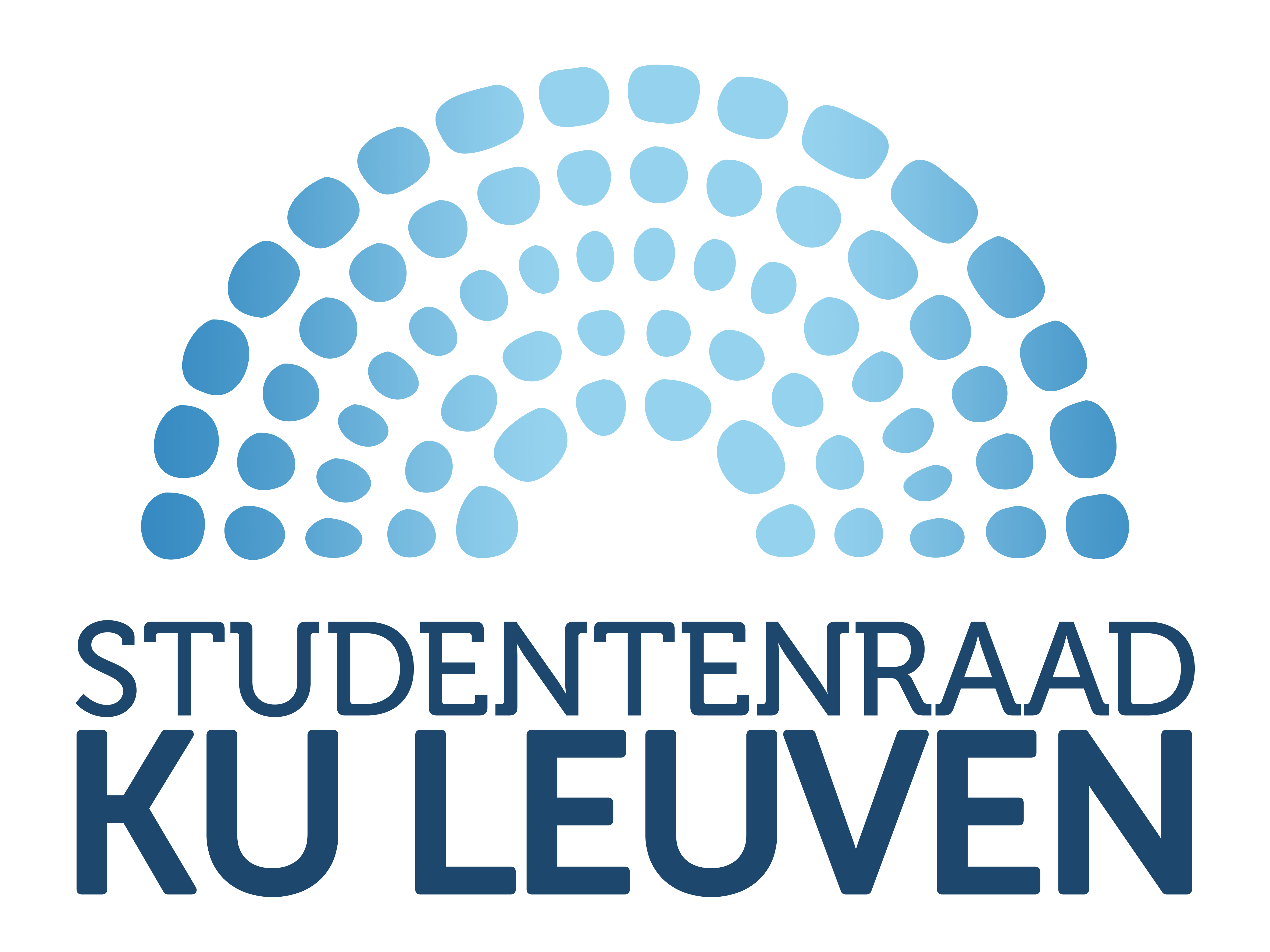Interested in ... Faculty Group Communication & Outreach?
Are you interested in helping shape the faculty's communication policy? To think about how we can strengthen the link between science and society? How can we best communicate within our university? If so, be sure to take a look at whether you would like to join the Faculty Group Communication & Outreach.
What is the Faculty Group Communication & Outreach?
The Faculty Group Communication & Outreach is a workgroup that meets a few times a year to discuss issues relating to the faculty's communication. This communication can be viewed very broadly. It may concern communication with science students, the rest of the university, but also with the non-university world, for example to get young people interested in science.
That is why communication staff from the departments at the Faculty of Science sit in the workgroup. An example of a current dossier is the International Mathematics Day that was actually planned to take place on pi-day this year (14/03/2020). Due to measures, this day has had to be postponed to the coming academic year, however this still remains a relevant file. This is also a good illustration of how the workgroup follows up projects that include communication to a wide audience.
For example, in projects that include communication with young people, we can look at junior colleges. These lectures are intended as teaching packages to introduce secondary school students to science that is outside of the secondary school curriculum, but can be interesting. In this way, these students are made enthusiastic about that particular science.
Finally, the master event is an example of an activity that includes communication with science students.
Of course, the working group includes many more projects, but these examples already create a general picture.
What do you do as a student representative in this workgroup?
As a student representative in the workgroup it is important that you give the students' view on all the given ideas and plans. After all, you yourself are much better informed about how students look at all kinds of things these days and so you know better what will catch on and what is less important. You are better informed about what is going on among the students and have a more direct line of contact between you and all the other students so you can more easily check things out and pass them on.
In addition, it is of course the intention that you think along with the rest of the group and come up with ideas that can be useful to improve communication at our faculty. If students come up with their own ideas or have questions, you will be their point of contact (possibly through another student representative) and pass these ideas on to the workgroup.
A final task that you have as a member of the workgroup is to feed back the matters that are decided and discussed here to the other stuvers at the OOR meeting. This is a meeting that takes place every two weeks between all the student representatives of the Faculty of Science. You only really need to be here if you have had a meeting or if you want to give feedback yourself, but it is advisable to follow the other meetings as well so that you can respond more quickly and easily to the things that are said there.
What does a mandate as a member of the Faculty Group Communication & Outreach offer?
This mandate naturally offers you interesting insights into communication and gives you a better insight into the communication policy at our faculty. Moreover, you will have the opportunity to think freely and come up with your own ideas that will be implemented and you will have the opportunity to help shape the faculty's policy. On top of that, you also learn something about faculty student representation and what it is like to represent other people yourself.
Is this mandate something for you?
After reading the previous text, we hope of course that you already have a better idea of the mandate. Here we list the most important aspects of the profile of a mandatary communication:
- You like to learn a lot about the best way to communicate with external and internal people.
- You dare to get involved in the discussion.
- You like to think about practical things, make suggestions...



